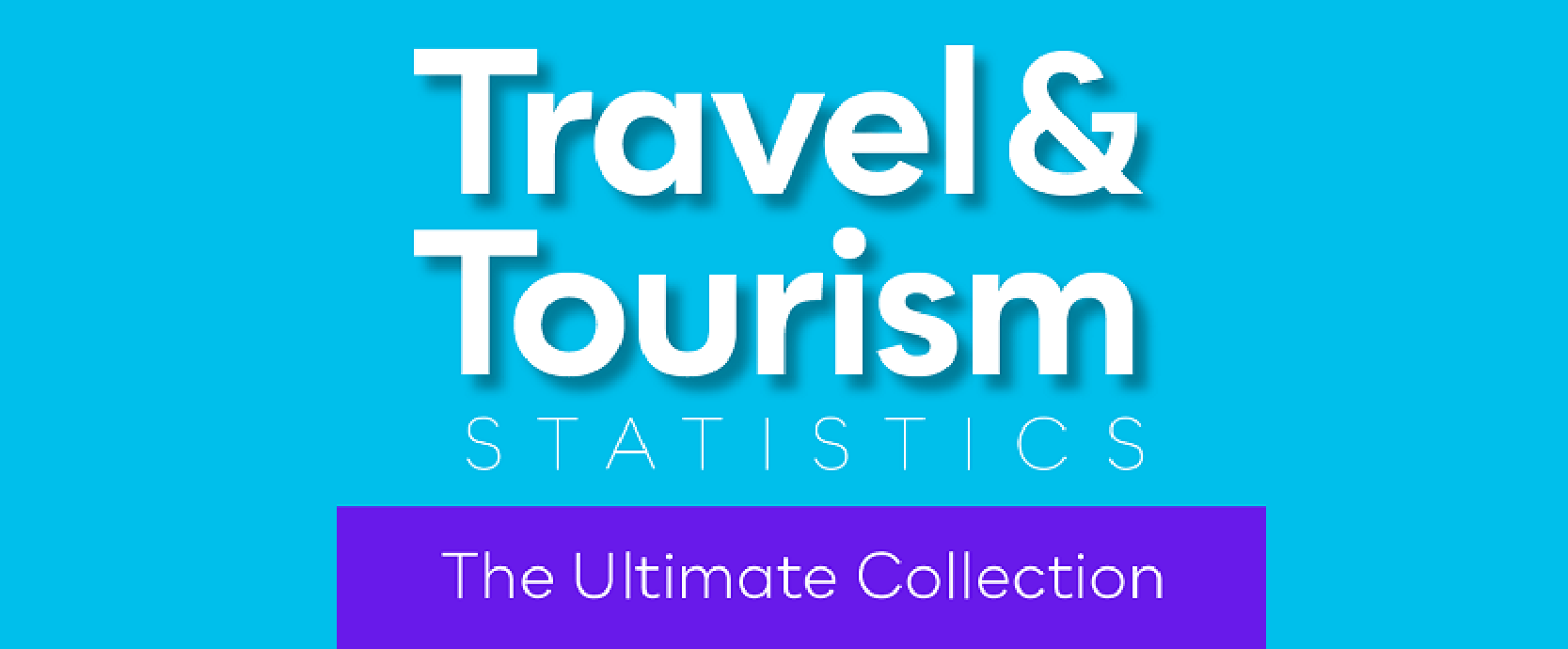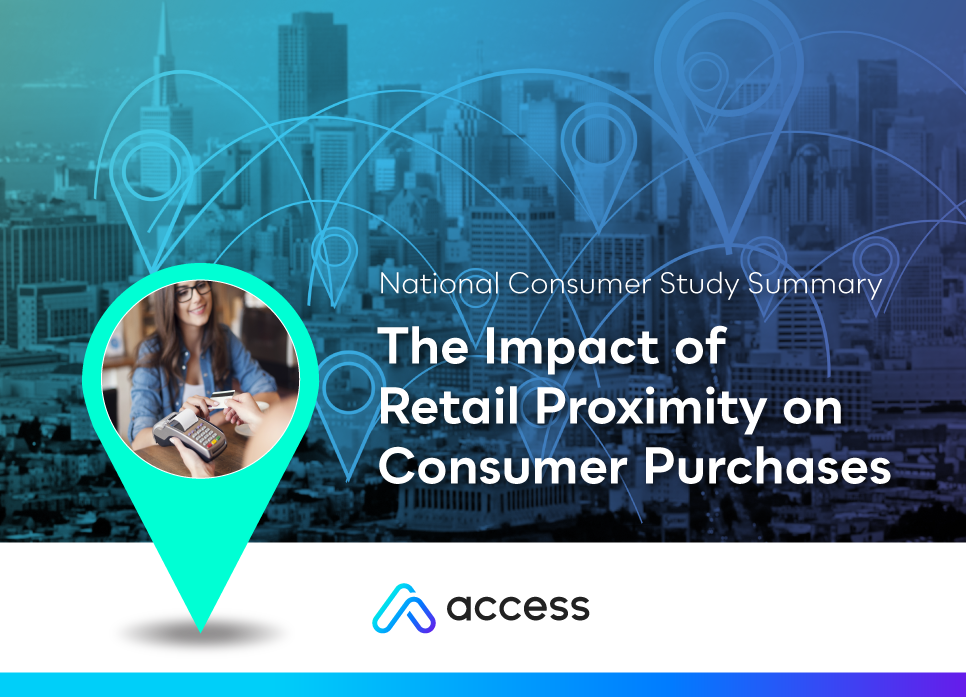How to Build Customer Loyalty by Creating Experts
A few years ago, everyone was declaring the end of the instruction manual.
It was an odd time - consumer technology and everything it’s capable of was rapidly advancing, yet our interest in digesting instructions on how to maximize said technology was going away.
For many it was fine. Most smartphones and tablets are intuitive enough, and everybody has at least one wicked smart nephew they can call in a pinch.
We still don’t read manuals, but there’s been a reversion back to instructions and tutorials. Your new iPhone has a “Tips” app that reveals some of the less-intuitive features of the device. Many apps, in fact, have a tutorial upon first use.
It’s not just technology though. Look through your grocery store - most items come with cooking instructions, but now nearly everything has recipes on it. WD-40 and baking soda come with suggested uses.
Many companies have awoken to the idea of the expert customer, or the person who uses their product or service in the most optimal, personally-valuable manner possible. It’s one of the smartest ways to build customer loyalty and generate ongoing engagement.
The Chemical Creation of an Expert
You’ve experienced it before. Once upon a time you found something that piqued your interest, so you tried it again to confirm. Your brain was firing off bits of dopamine. Then, you found that the more you worked at it, the better you became. The better you became, the more you derived satisfaction from it (more dopamine), the more it became a habit - serotonin being released from your central nerve system.
This formation of expertise may be the reason you’re sitting in the career you’re in. You found that you were really good working with words, or numbers, or people. This is also how you became a runner, a cook, a wine connoisseur, a voracious reader, a guitar player, or pick anything else you’re good at and enjoy.
For many, this expertise is turned around into being a leader, in connecting with people to help them become experts themselves. This need, and the satisfaction that comes with it, is derived from oxytocin. This is where superusers come from.
The more you know about something, the more you can do with it. The more you can do with it, the more likely you are to personalize it and bend it to fit your specific needs.
Where Does Your Expertise Lie?
Lots of people have smartphones and can make calls. That’s not unique. When someone uses their smartphone as an alarm clock, heart rate monitor, light switch, child monitor, and TV remote - that’s expertise. They won’t be letting go of that device anytime soon because they’ve molded it to meet many personal needs.
Expertise takes many forms, and can be smartly spurred by a brand from the outset:
- Someone who knows 50 good recipes using pinto beans will always have them in stock. Their first recipe was pulled from the label on a bag.
- The guy that can perfectly play “Little Wing” will always have his guitar, and insist on playing it at every party he hosts. When he bought the guitar, it came with free online lessons.
- Our example: The consumer that knows they can save $100 a week will always keep using that discount program they get as a member benefit from their professional association. The association passed along a quick tutorial showing members how to use the mobile app.
- The runner that’s lost 35 pounds and cut two minutes off her PR will stick with her favorite shoes and recommend them to others. When she first bought the shoes, the box included an invitation to join a customer community online - where she discovered the Couch to 5K program and a bunch of healthy recipes posted by peers.
The sale is just the middle part of a successful customer relationship. Beyond that is a process of constantly engaging them and adding value, in part by helping them maximize every ounce of your product or service. The more they get out of it, the more they’ll personalize it, and keep it - and your brand - around on a long-term basis.
There are many paths to building long lasting customer relationships, from loyalty programs to a finely-tuned service operation. Helping customers become subject matter experts on your product or service is one of the best investments into long-term loyalty that any company can make.
(Image courtesy of ARMGOV)
Topics: Member Benefits, customer loyalty
Written by: Brandon Carter


.jpg)

.jpeg)






Share your Comment.